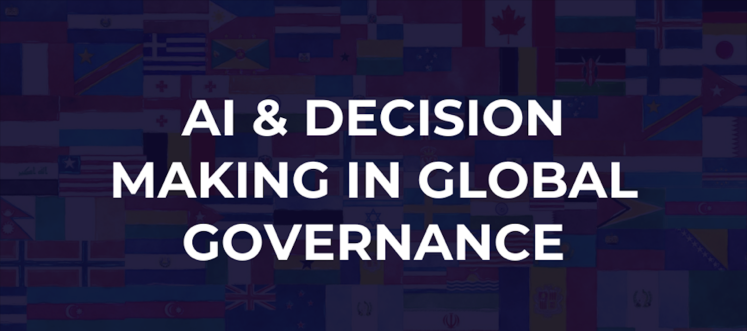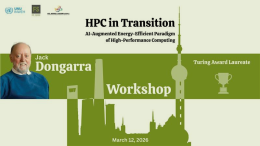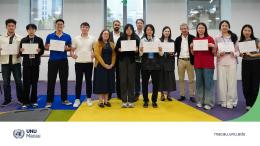Over the last few years, Artificial Intelligence (AI) has increasingly been used as a decision support tool by governments and public sector organizations. In some cases, AI can accelerate administrative processes and support deliberations at scale. In others, it can insert biases, erode trust in public institutions and threaten privacy.
Predictive analytics tools, for example, have been developed to support decisions on visas, to prepare humanitarian interventions, and to track cybercriminals. Increasingly, AI tools have been used in conflict settings, predicting strike targets and providing intelligence from multimodal data sources.
AI has also been used in supporting deliberations for policymaking. AI agents, fueled by generative AI, have been deployed as moderators and note-takers in many online platforms. There is also consideration of having AI agents acting as deliberation participants, replacing stakeholders that cannot participate, for example.
Deliberation and predictive analytics are critical to international cooperation for humanitarian action, sustainable development, human rights protection and the promotion of peace and security globally. However, the effects of new AI technologies on these two forms of decision support are still little understood.
This panel, presented as a side-event to the United Nations Summit of the Future Action Days, aims to address this insertion of AI tools into decision-making in the public space. It will include experts from the fields of deliberation, peace and security, and AI to discuss this critical topic in preparation for the deliberations of the Summit of the Future.
| 3:00 – 3:15 pm | Carolyn Kissane | Associate Dean, Center for Global Affairs, School of Professional Studies, NYU Tshilidzi Marwala | Under-Secretary-General and United Nations University Rector |
| 3:15 – 4:00 pm | Moderator: Panelists: |
| 4:00 – 4:30 pm | Discussion with the audience |
| 4:30 – 5:00 pm | Reception |





